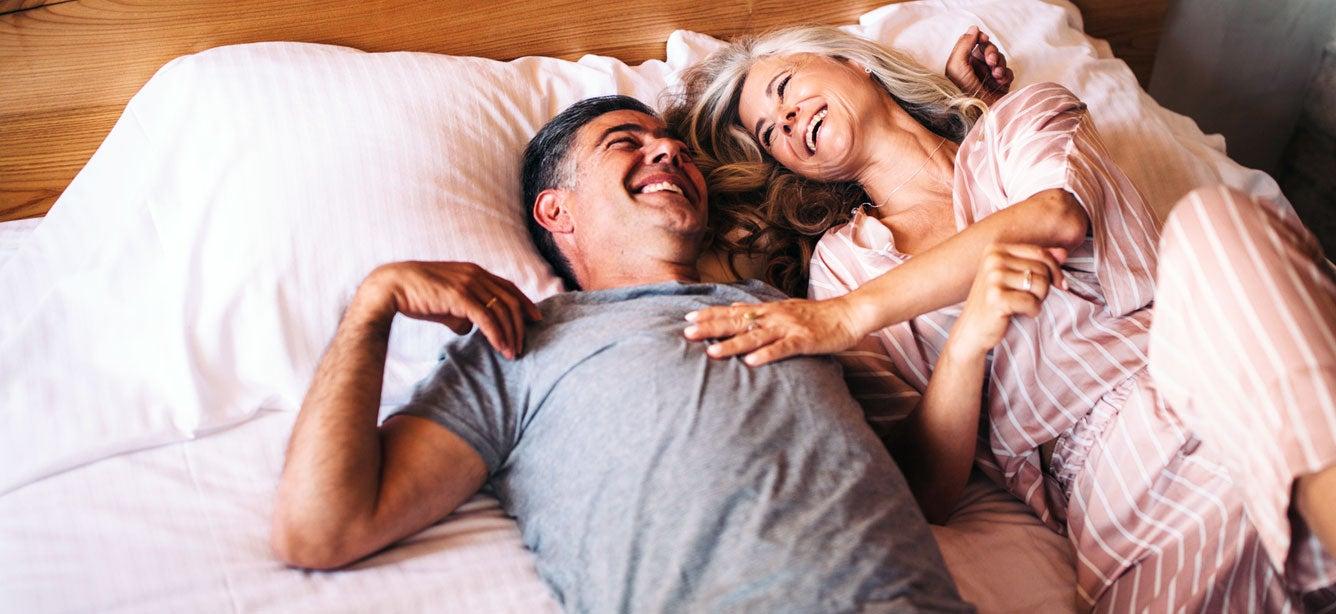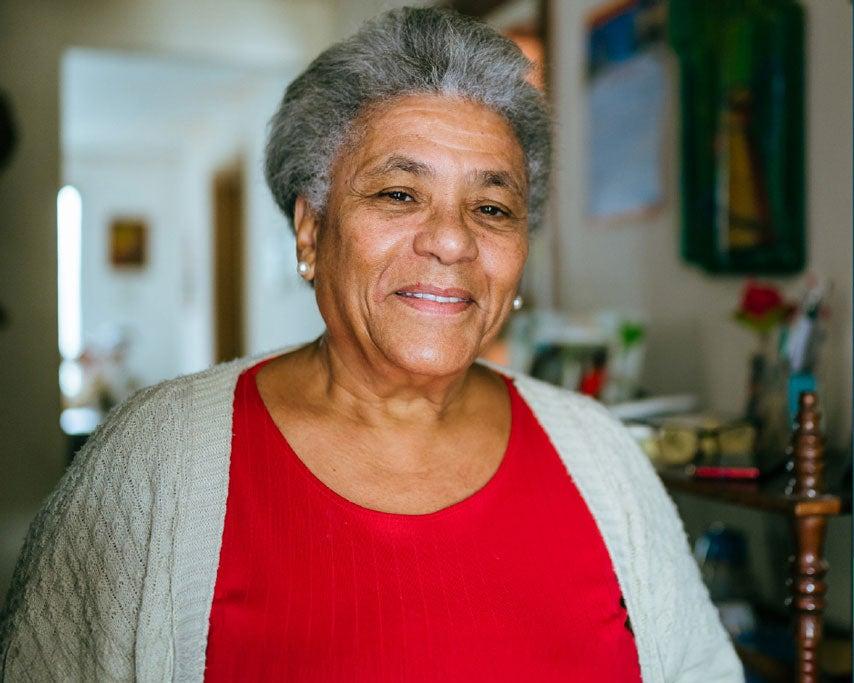
Related Topics
Menopause hot flashes and night sweats can be debilitating. It's estimated that more than 80% of women are affected by hot flashes at some point. They may start long before you stop menstruating and continue for several years afterward.
Experts don’t know for sure what causes them, but it’s thought that a lack of estrogen may affect the hypothalamus—the region of the brain that controls body temperature.
How do hot flashes and night sweats impact women in menopause?
The frequency, duration, and intensity of hot flashes vary from one person to another. You may get several a day or be plagued constantly, day and night. They may last from a few seconds to several minutes. (The average is four minutes.) As well as the sudden rush of heat, you may experience a racing heart, dizziness, anxiety, and irritability. It’s likely the hot surges you experience are the result of your brain trying to kick-start your ovaries into producing estrogen. Ovarian function does not decline in a straight line, which means that estrogen levels—and the severity of hot flashes—can fluctuate.
Night sweats are severe versions of hot flashes that can cause you to wake up drenched in perspiration. You may even have to change your pajamas and sheets.
If you’re woken up this way, night after night, you’re bound to feel exhausted. Worse, because physical contact with a partner can trigger a hot flash, many women avoid it, which can lead to feelings of rejection and relationship problems. Here are some ways to feel better fast.
9 ways to cool your hot flashes to feel better fast
- Don’t be embarrassed by a hot flash. Most women experience them at some point in their lives.
- The moment you feel one coming on, stop what you’re doing. Take several slow, deep breaths and try to relax. This may help reduce the severity of the hot flash.
- If possible, drink a glass of cold water and sit calmly until it passes.
- Wear layers you can easily take off when you feel yourself getting hot. Clothes made of natural fibers, such as cotton, help your skin breathe.
- Keep your bedroom cool at night and put a fan, wet wipes, and a cold drink by your bed.
- Use cotton bed linens and pajamas.
- Eat small, frequent meals. The heat generated by digesting a large meal can sometimes bring on a hot flash.
- Exercise regularly. Being in good shape reduces your propensity to sweat and reduces hot flashes.
- Don’t smoke. Research shows cigarette smoking increases the risk of overheating.
This is the second article in a series by menopause expert Maryon Stewart.
Excerpted from the book Manage Your Menopause Naturally. Copyright ©2020 by Maryon Stewart. Printed with permission from New World Library—www.newworldlibrary.com.
Maryon Stewart is the author of Manage Your Menopause Naturally and 27 other books. A world-renowned health care expert, she has helped tens of thousands of women around the world overcome PMS and menopause symptoms without using drugs or hormones. Visit her online.



